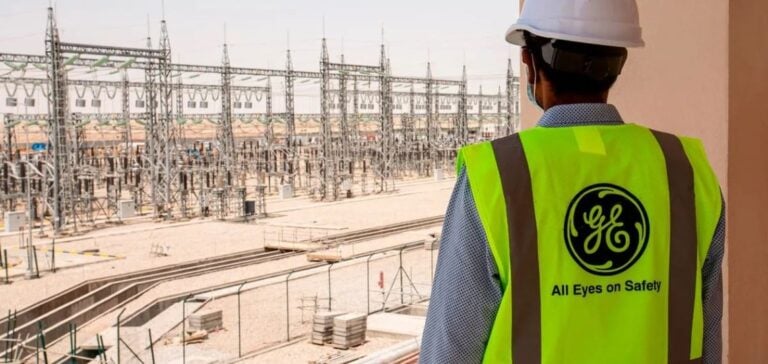During his visit to the United States, Iraqi Prime Minister Mohamed Chia al-Soudani met with US President Joe Biden and witnessed the signing of multiple energy-related memorandums of understanding. These agreements promise to increase Iraq’s electricity production by 3,000 megawatts (MW), essential to support the country’s growing energy needs. An agreement to reduce gas flaring in Iraq was also reached on Thursday April 18.
Infrastructure modernization with General Electric
One significant agreement was signed with General Electric, focusing on the maintenance and modernization of 18 Iraqi power plants. This five-year project is designed to reinforce the Iraqi power grid by adding a further 3,000 MW, which will help reduce the frequent power cuts across the country.
The problem of dependence on Iranian gas
Iraq’s dependence on Iranian gas, which accounts for around a third of the country’s energy needs, has often led to Tehran cutting off supplies, exacerbating the daily power cuts that affect almost 43 million Iraqis. Efforts to reduce this dependence are therefore crucial to Iraq’s energy stability.
Energy diversification initiatives
In addition to optimizing the use of natural gas, which is currently being wasted in Iraq’s oil fields, Iraq is working to connect electrically with its neighbors. A connection to Jordan was recently inaugurated, and a similar connection to the Gulf countries, including a line to Kuwait, is planned for late 2024. These interconnections are expected to import around 500 MW in their first phase.
Iraq’s long-term goals include generating over 32,000 MW daily to eliminate load shedding, a threshold already approached in 2023 with generation reaching 26,000 MW. This is crucial in a country where summer temperatures exacerbate the challenges of power cuts, and where infrastructure is weakened by decades of corruption.






















